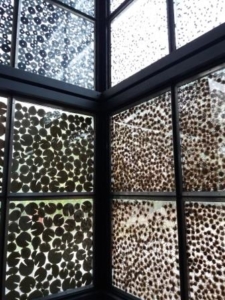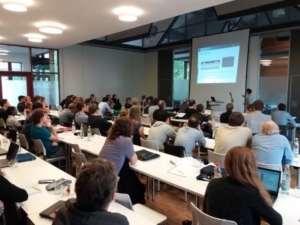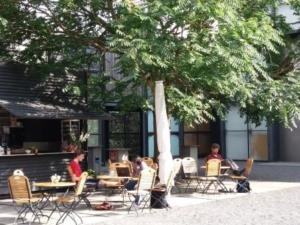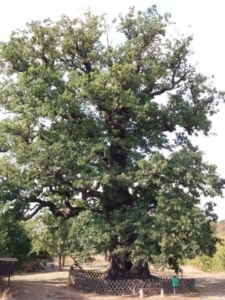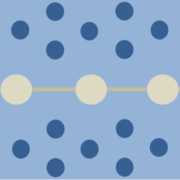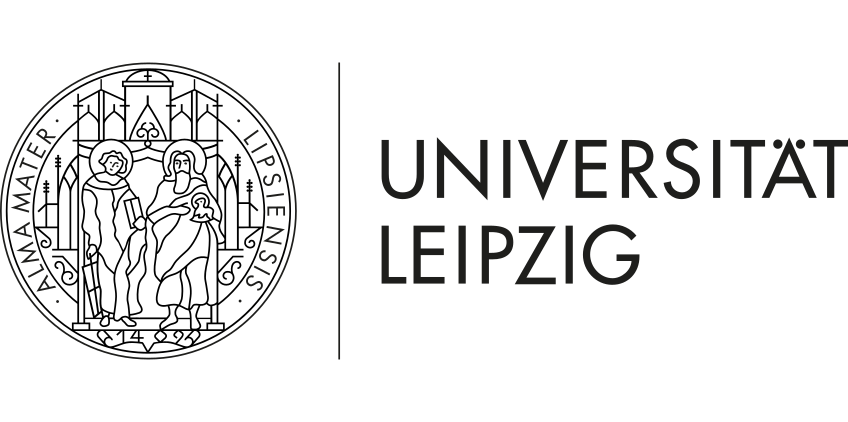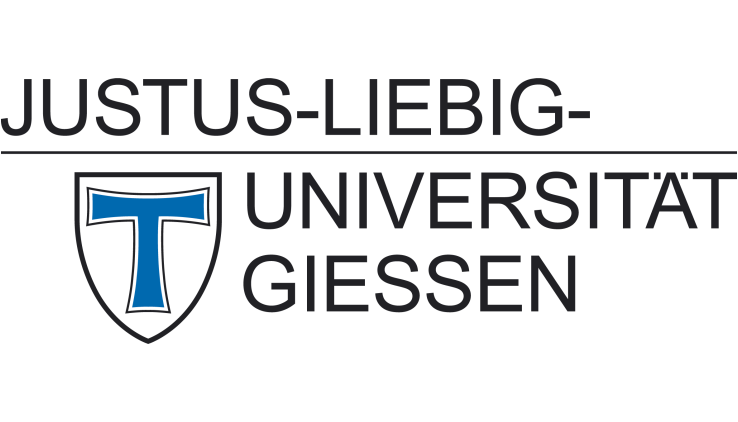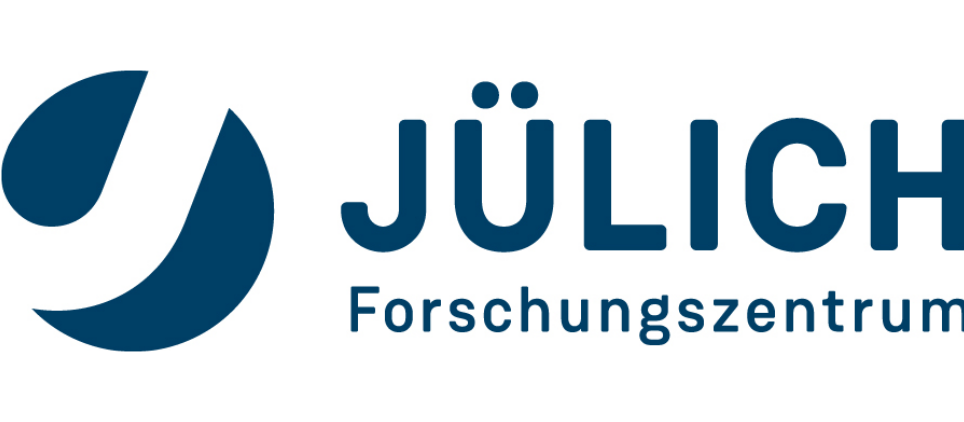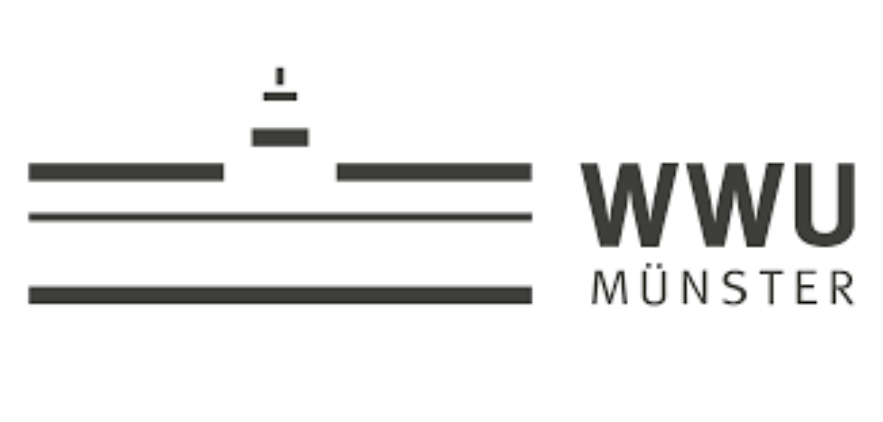Lightwave-driven Dirac currents – Publication by B6 (Höfer/Wallauer) in Nature
Johannes Reimann, Jens Güdde and Ulrich Höfer together with a team led by Rupert Huber in Regensburg have taken band structure movies of electrical currents carried by Dirac electrons as they are driven by an intense THz wave.

Artistic view of the experiment (image by Brad Braxley parttowhole.com).
The investigated currents consist of spin-polarized electrons confined to the uppermost atomic layers of the topological insulator Bi2Te3. The electrons were observed to react in an inertia-free fashion to the driving field, whereas spin-momentum locking lifts scattering times above 1 ps. This scenario enables giant surface current densities and ballistic mean free paths of several 100 nm, exceeding values obtained in conventional materials by orders of magnitude. Based on this discovery, it might be possible to realize new lightwave-driven electronics in the future, combining low power consumption and clock rates that exceed those of conventional semiconductor devices by a factor of 1000 and more.

Animation of photoemission snapshots of the topological surface state in Bi2Te3 showing the back and forth acceleration of Dirac electrons at optical clock rates by an intensive Thz electric field.
The work of the two groups and collaborators in Novosibirsk and Hiroshima not only merges two novel and promising concepts in physics – topology and lightwave electronics. It also combines the expertise of the Regensburg group to manipulate electrons in solids with intense single-cycle terahertz (THz) transients, with the capabilities of time and angle-resolved photoelectron spectroscopy (ARPES) developed in Marburg. The experiment conducted in Regensburg represents the first angle-resolved photoemission spectroscopy with subcycle resolution. It allowed Reimann and coworkers to directly observe how the carrier wave of a terahertz pulse accelerates Dirac fermions in the band structure. The resulting strong redistribution in momentum space was directly mapped out in an ultrafast movie (Figure on larger screens).
In future experiments, it will be explored whether the topological protection responsible for the long scattering times at the Bi2Te3/vacuum interface survives when the material is covered by a protective cap layer as this is a prerequisite for device application.
Publication
J. Reimann, S. Schlauderer, C. P. Schmid, F. Langer, S. Baierl, K. A. Kokh, O. E. Tereshchenko, A. Kimura, C. Lange, J. Güdde, U. Höfer, and R. Huber, Subcycle observation of lightwave-driven Dirac currents in a topological surface band, Nature (2018) DOI: 10.1038/s41586-018-0544-x
SpringerNature Content Sharing Initiative: view-only full-text access
See also:
Joint press release of the Universities of Regensburg and Marburg (in German).
Blog Post “Topology at Cyberspeed” by Ulrich Höfer.
Homepage of the Huber group in Regensburg.
Contact
Prof. Dr. Ulrich Höfer
Philipps-Universität Marburg
SFB 1083 project B6
Tel.: 06421 28-24215
EMAIL
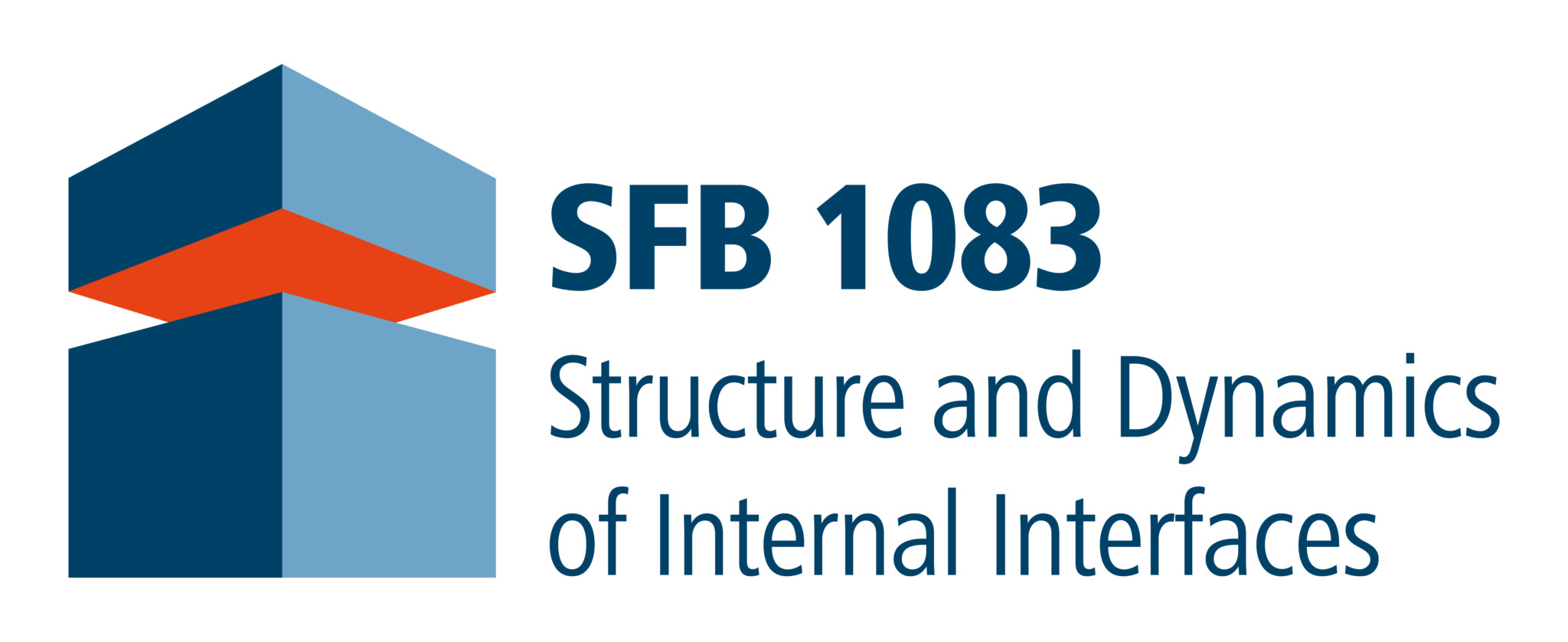
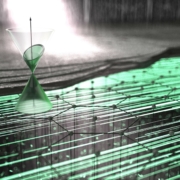
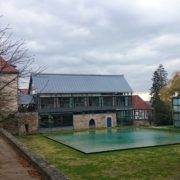
 After an International Summer School in 2014 in San Sebastian in Spain, co-organized by SFB guest project GP1 based at the Donostia International Physics Center (DIPC), it was the second time that the two DFG-funded programs came together to discuss their science projects, present the latest results and provide a networking forum for existing and new collaborations.
After an International Summer School in 2014 in San Sebastian in Spain, co-organized by SFB guest project GP1 based at the Donostia International Physics Center (DIPC), it was the second time that the two DFG-funded programs came together to discuss their science projects, present the latest results and provide a networking forum for existing and new collaborations.